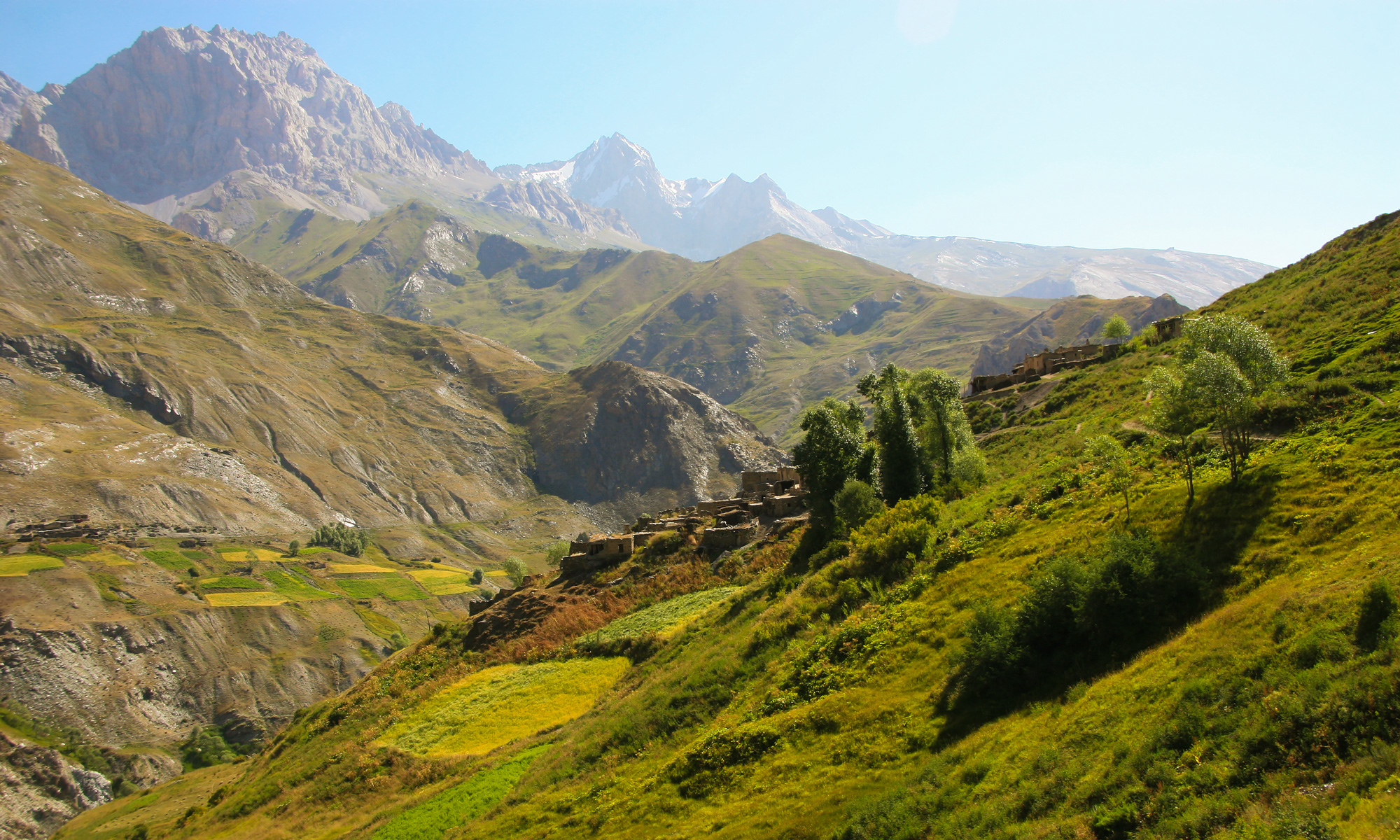“To be Yaghnobi for me means to have rights and obligations… not just to live for myself, but for my community.”
— Ahmad, agrarian
Ahmad, a quiet but respected figure in his mountain village, speaks with conviction about what it means to belong — not just to a place, but to a people. His voice carries the weight of a generation that returned to Yaghnob not only out of longing, but out of responsibility.
For Ahmad, being Yaghnobi is not merely a cultural identity or a language spoken at home. It is a code of ethics, a set of expectations that extend beyond the self. It means helping relatives rebuild homes with your own hands. It means showing up when a neighbor’s herd is in danger. It means keeping the past alive not just in stories, but in action.
“There’s no government here, really,” he says with a shrug. “It’s us. If we don’t help each other, no one will.”
He returned to Yaghnob in the early 1990s, after his family fled to Zafarobod decades earlier during the forced resettlements. His reason wasn’t just nostalgia.
“The land needs us,” he says. “And we need to remember who we are.”
Despite hardship — no paved roads, limited electricity, minimal healthcare — Ahmad believes that solidarity is the true infrastructure of Yaghnob. What sustains them is not what they lack, but what they share: a language passed down in whispers, rituals carried out in small circles, and a collective commitment to protect it all.
“Culture is not something you inherit. It’s something you maintain. That’s a duty.”
In a time when economic hardship makes leaving ever more tempting, Ahmad’s words serve as a quiet call — not to nationalism, but to belonging as stewardship. In his eyes, to be Yaghnobi is to ask:
What do I owe the people who made me who I am?
